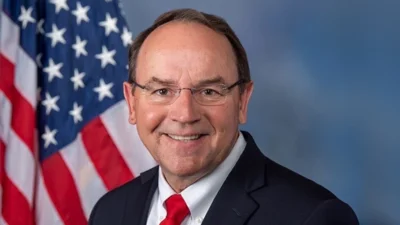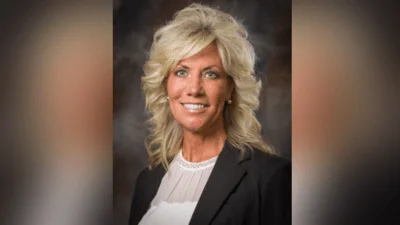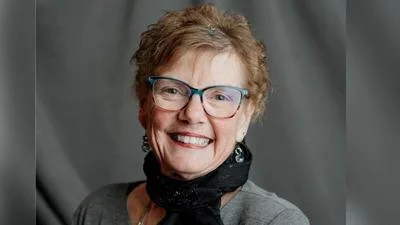Patrick Snyder, Wisconsin State Representative for 85th District | Official website
Patrick Snyder, Wisconsin State Representative for 85th District | Official website
According to the Wisconsin State Legislature's official website, the bill was described as follows: "grants to child advocacy centers. (FE)".
The following is our breakdown, based on the actual bill text, and may include interpretation to clarify its provisions.
In essence, this bill mandates the Department of Justice to award grants annually to specified child advocacy centers, enhancing their multidisciplinary response to suspected child maltreatment. It removes the previous allocation of $17,000 per center and expands the list of beneficiaries to include the Lakeshore Regional Child Advocacy Center in Sheboygan County and Child Advocacy Centers of Wisconsin. The bill also updates the names of existing centers eligible for funds. This initiative aims to bolster efforts in education, training, medical advice, and quality assurance activities related to child protection services across the state.
The bill was co-authored by Senator Jesse L. James (Republican-23rd District), Representative David Armstrong (Republican-67th District), Representative Lindee Rae Brill (Republican-27th District), Representative Ben DeSmidt (Democrat-65th District), and Representative Barbara Dittrich (Republican-99th District). It was co-sponsored by Senator Jodi Habush Sinykin (Democrat-8th District), Senator Tim Carpenter (Democrat-3rd District), and Senator Melissa Ratcliff (Democrat-16th District), along with 25 other co-sponsors.
Patrick Snyder has co-authored or authored another 31 bills since the beginning of the 2025 session, with none of them being enacted.
Snyder graduated from the University of Iowa in 1978 with a BA.
Snyder, a Republican, was elected to the Wisconsin State Assembly in 2017 to represent the state's 85th Assembly district, replacing previous state representative Dave Heaton.
In Wisconsin, the legislative process starts when a senator, constituent, group, or agency proposes an idea for a bill. After drafting, the bill is introduced, numbered, and referred to a committee for review and public input. If approved, it moves through three readings and votes in both the Senate and Assembly. Once both chambers pass the same version, the bill goes to the governor, who can sign it, veto it, or let it become law without a signature. Only a small share of bills introduced each session ultimately become law. You can learn more about the Wisconsin legislative process here.
| Bill Number | Date Introduced | Short Description |
|---|---|---|
| AB233 | 05/02/2025 | Grants to child advocacy centers. (FE) |
| AB201 | 04/16/2025 | Extortion, sexual extortion, and providing a penalty |
| AB193 | 04/15/2025 | Ratification of the Respiratory Care Interstate Compact. (FE) |
| AB164 | 04/08/2025 | Various changes to the unemployment insurance law and federal Reemployment Services and Eligibility Assessment grants. (FE) |
| AB156 | 04/02/2025 | Requiring child sexual abuse prevention education. (FE) |
| AB141 | 03/17/2025 | Provisional social worker certificates and licenses |
| AB97 | 02/28/2025 | Extension of eligibility under the Medical Assistance program for postpartum women. (FE) |
| AB27 | 02/17/2025 | Expanding veterans benefits to individuals who served in Laos in support of the United States during the Vietnam War |
| AB23 | 02/07/2025 | Establishment of a Palliative Care Council. (FE) |





 Alerts Sign-up
Alerts Sign-up